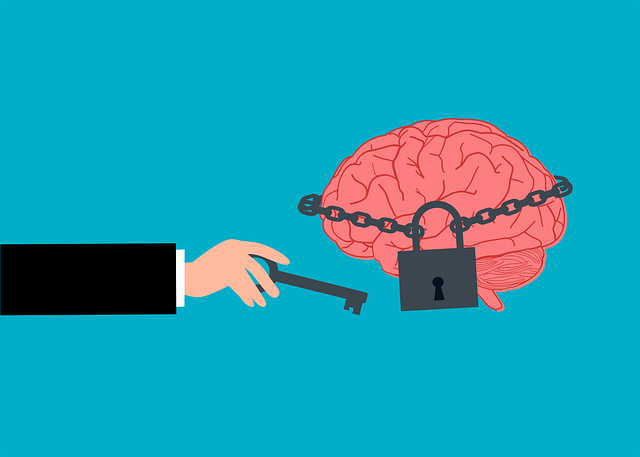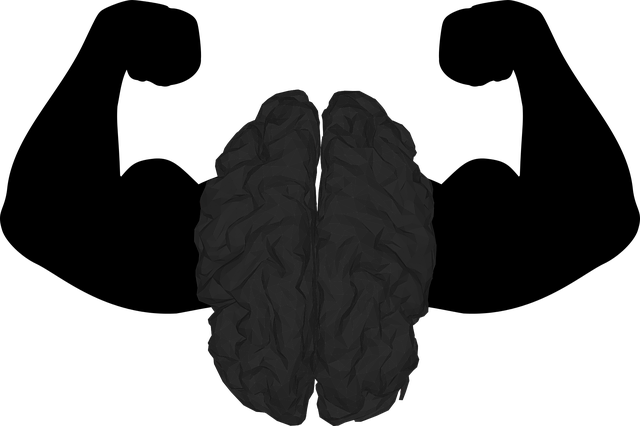Healthcare providers specializing in elderly care face high risks of burnout due to demanding work, including long hours and intense emotional engagement. Constant exposure to workplace issues and job stress takes a toll on their mental health, leading to exhaustion, cynicism, and detachment. Effective strategies like mindfulness meditation, emotional regulation techniques, and robust self-care routines are crucial for preventing burnout. Addressing both therapy for elders' physical health and workplace issues through open dialogue, stress management workshops, CBT, and self-care practices can significantly improve their well-being. Building support systems, including peer collaboration and professional networking, is also vital in combating feelings of isolation and boosting team morale.
Healthcare provider burnout is a growing concern, especially among those caring for elderly patients. This article explores comprehensive strategies to prevent burnout, focusing on the unique challenges in elderly patient care. We delve into identifying workplace issues and their impact on job stress, highlighting the effectiveness of Cognitive-Behavioral Therapy (CBT). Additionally, we discuss mindfulness techniques, peer support systems, and professional networking as powerful tools to combat burnout, emphasizing their role in enhancing well-being and improving patient care, particularly within the context of therapy for elders.
- Understanding Burnout in Healthcare Providers: A Focus on Elderly Patient Care
- Identifying Workplace Issues and Their Impact on Job Stress
- Cognitive-Behavioral Therapy (CBT): A Powerful Tool for Burnout Prevention
- Incorporating Mindfulness and Relaxation Techniques in Daily Routines
- Building Support Systems: Peer Collaboration and Professional Networking
Understanding Burnout in Healthcare Providers: A Focus on Elderly Patient Care

Healthcare providers, especially those specializing in elderly patient care, are at a heightened risk of experiencing burnout due to the demanding nature of their work. The constant exposure to workplace issues and job stress can take a significant toll on their mental health. Elderly patients often require extensive care, demanding long hours and high levels of emotional engagement from healthcare providers. This ongoing strain can lead to feelings of exhaustion, cynicism, and detachment—key indicators of burnout.
Understanding the signs and causes of burnout in this specific demographic is crucial. Therapy for elders should not only focus on physical health but also address workplace issues and job stress through practices such as mindfulness meditation and emotional regulation techniques. Developing a robust self-care routine can be a game-changer, enabling healthcare providers to better manage their mental health and prevent burnout.
Identifying Workplace Issues and Their Impact on Job Stress

Healthcare providers, especially those working with elderly patients through therapy for elders workplace issues, often face unique challenges that can contribute to significant job stress. Identifying these workplace issues is a crucial first step in preventing burnout. Common problems include heavy workloads, lack of control over work schedules or patient assignments, and insufficient resources to meet the needs of complex patient cases. These factors can lead to feelings of frustration, exhaustion, and detachment from one’s work.
When left unaddressed, workplace issues can have a profound impact on mental health and overall well-being. It is essential for healthcare organizations to foster an environment that encourages open dialogue about these challenges. Implementing stress management workshops, organizing team-building activities, or producing a mental wellness podcast series can offer valuable support. Additionally, encouraging staff members to develop a consistent self-care routine can be transformative in mitigating job stress and promoting better mental health.
Cognitive-Behavioral Therapy (CBT): A Powerful Tool for Burnout Prevention

Cognitive-Behavioral Therapy (CBT) has emerged as a powerful tool in the arsenal against healthcare provider burnout. This evidence-based approach focuses on identifying and changing negative thought patterns and behaviors that contribute to stress and emotional exhaustion. By addressing workplace issues and job stress head-on, CBT equips professionals with effective coping strategies for managing challenging situations.
For elders facing career crises or dealing with high-pressure environments, CBT offers a structured framework for navigating through these tumultuous times. The therapy facilitates emotional healing processes by teaching individuals to challenge negative perceptions, thereby reducing anxiety relief and enhancing resilience in the face of adversity. This proactive approach is particularly valuable in healthcare settings where professionals regularly confront demanding scenarios, making it an essential component in burnout prevention guidance.
Incorporating Mindfulness and Relaxation Techniques in Daily Routines

Incorporating mindfulness and relaxation techniques into daily routines can significantly mitigate burnout among healthcare providers, especially those supporting elderly patients in demanding work environments. Simple yet effective practices such as deep breathing exercises, meditation, and yoga can help professionals manage stress levels, enhancing their emotional resilience. These self-care practices not only promote mental health but also improve overall well-being, enabling caregivers to better navigate the complexities of the healthcare setting.
By integrating these techniques into their routine, healthcare workers can address workplace issues and job stress head-on. Mental Health Policy Analysis and Advocacy play a crucial role in recognizing the importance of such practices, leading to the implementation of supportive programs and initiatives. Cultivating positive thinking through mindfulness fosters a healthier work environment, ultimately contributing to better patient care and reduced burnout rates, particularly among elders who depend on dedicated healthcare services.
Building Support Systems: Peer Collaboration and Professional Networking

Building support systems is a vital aspect of preventing burnout among healthcare providers, particularly those catering to an elderly population. Encouraging peer collaboration fosters a sense of camaraderie and shared understanding of the unique challenges faced in elder care. Regular team meetings, where professionals can openly discuss workplace issues and job stress, provide a safe space for venting and problem-solving. This collaborative approach not only lightens individual workloads but also enhances overall team morale and effectiveness.
Professional networking is another powerful tool. Connecting with peers through online forums or local community outreach programs allows healthcare providers to exchange insights, share best practices, and offer emotional support. Engaging in these activities can help alleviate feelings of isolation often experienced in the healthcare sector. Additionally, participating in mental wellness podcast series productions can provide valuable resources for managing stress, promoting self-care, and cultivating emotional intelligence—all essential components in building resilience against burnout.
Healthcare providers play a vital role in caring for the elderly, but this responsibility can lead to burnout if not managed effectively. By understanding the signs of burnout, addressing workplace issues related to job stress, especially in the context of elderly patient care, and adopting evidence-based strategies such as CBT, mindfulness, and peer support, healthcare professionals can create a sustainable and fulfilling career. These burnout prevention strategies are essential tools for maintaining high-quality care and ensuring the well-being of both providers and their patients.










